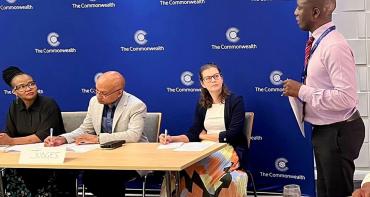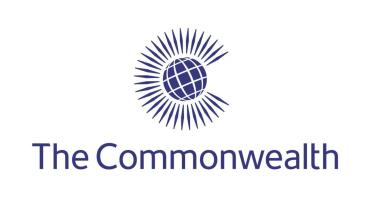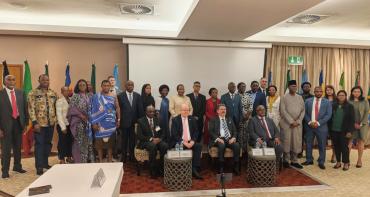The Commonwealth will create a national mechanism to support Zambia’s peace dialogue, special envoy Professor Ibrahim Gambari announced in a statement last week.

The Commonwealth will create a national mechanism to support Zambia’s peace dialogue, special envoy Professor Ibrahim Gambari announced in a statement last week.
Professor Gambari was briefing journalists at the end of a nine-day visit to Zambia. This mission was his first engagement in the country since his appointment as special envoy by Commonwealth Secretary-General Patricia Scotland. Last month the Secretary-General negotiated a commitment from President Edgar Lungu and the leader of the main opposition UPND, Hakainde Hichilema, to engage in positive political dialogue.
The “mechanism”, the professor said, will include key individuals, groups and bodies, and will oversee and monitor the progress and implementation of the dialogue.
“The overarching objective of my engagement is to promote an inclusive, nationally-owned, forward-looking political dialogue process that would assist: addressing issues of concern to political stakeholders, reducing political tension and violence, creating an environment that would promote and uphold tolerance and civility, facilitating a roadmap on governance reforms and enhancing political and social cohesion in the country ahead of future elections,” Professor Gambari told journalists at the press briefing.
During his visit, Professor Gambari held extensive consultations with a wide range of stakeholders, including President Edgar Lungu and other government representatives, Mr Hakainde Hilchilema and other party leaders, the Electoral Commission of Zambia, members of the judiciary, the police, religious and cultural bodies, the diplomatic community and civil society groups.
“The key issues that were communicated to me,” he said, “can be broadly categorised under four main headings, namely constitutional reforms, institutional reform/challenges, electoral reform and the need to institutionalise a culture of dialogue, tolerance, civility and respect for basic freedoms.”
He added, “The road ahead is going to be long, sometimes bumpy and full of challenges but I want to urge political leaders and other stakeholders to remain focused, committed and supportive of an environment that would help foster a constructive, results-driven dialogue process. Like every peace initiative, there shall be distractions, but I wish to remind everyone to remain focused on our overarching objectives.”
Read the full statement



